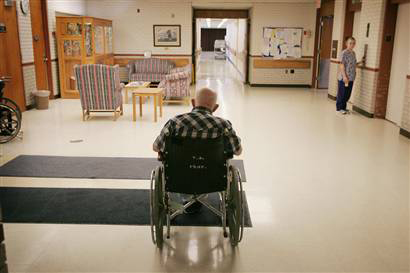
USA Today has analyzed nursing home rankings under Medicare criteria and found that lowest scoring nursing homes tend to stay that way, year after year. Sadly, many of these poor performing nursing homes are the only nursing facilities for miles.
According to this article, twenty percent of the country’s 15,700 nursing homes receive consistently poor ratings for the care they provide. With over 250,000 Americans living in skilled nursing facilities, that represents a huge number of vulnerable nursing home patients who are exposed to abuse or neglect every day.
“We want to see improvements, but we don’t expect a nursing home will jump to a five-star rating within a one-year time period,” said Medicare’s Thomas Hamilton.
 California Nursing Home Abuse Lawyer Blog
California Nursing Home Abuse Lawyer Blog












